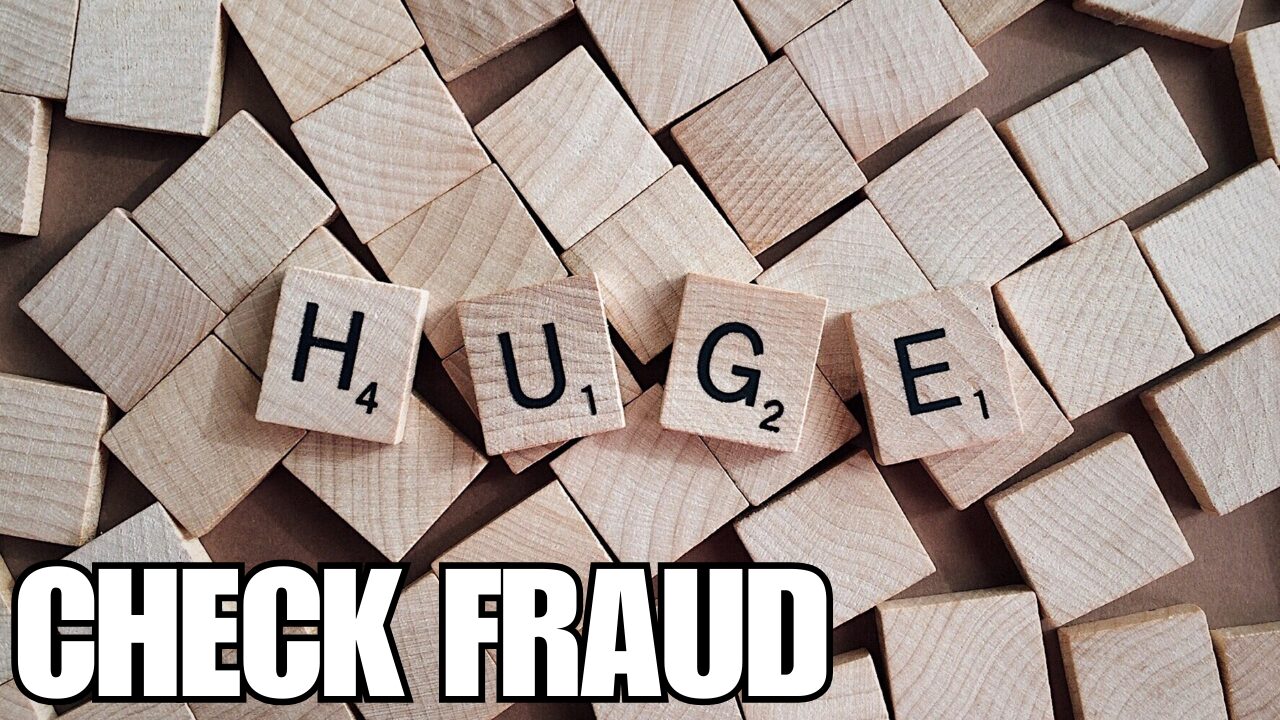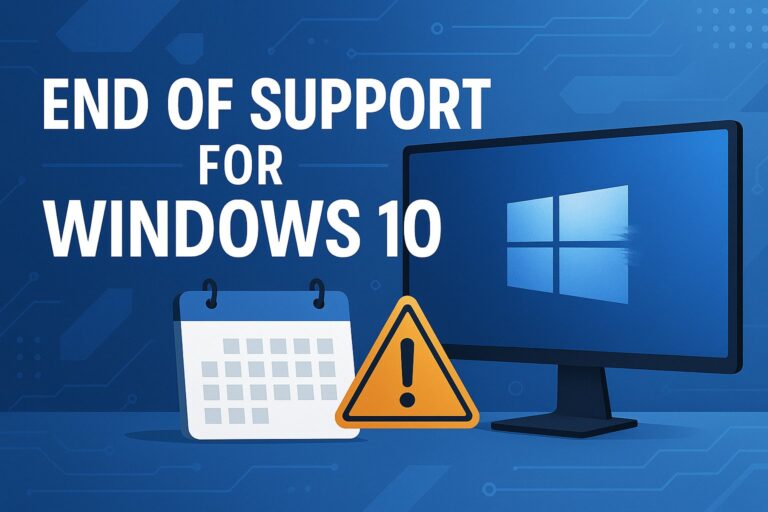The Resurgence of Check Fraud in America: A Growing Threat to Financial Security
In an era of digital banking, it might surprise you that paper checks remain a significant part of American financial transactions. Unfortunately, this reliance on an outdated system has created a perfect opportunity for fraudsters to exploit.
The Alarming Rise of Check Fraud
According to recent data, check fraud has increased by a staggering 385% nationwide since the pandemic. This surge has caught the attention of financial institutions and law enforcement agencies alike.
How the Scam Works
The process is deceptively simple:
- Fraudsters acquire checks, often through mail theft
- They alter the check details using common household chemicals
- The doctored checks are deposited, usually via ATM
- Money is quickly withdrawn before the bank can verify the check’s authenticity
The Digital Dimension
While the fraud is low-tech, scammers use social media platforms like Telegram, Facebook, and TikTok to share tips and target specific banks. This rapid dissemination of information allows fraudsters to stay one step ahead of security measures.
Why Checks Remain Vulnerable
The U.S. banking system’s fragmented nature and slow adaptation to change have left checks as a persistent weak point. Americans write nearly twice as many checks per person as the French, the world’s second-biggest check users.
What Banks Are Doing
Financial institutions are taking steps to combat this fraud:
- Implementing longer hold times on deposits
- Freezing suspicious accounts
- Pursuing legal action against known fraudsters
Protecting Yourself
As a consumer, you can take steps to protect yourself:
- Monitor your bank statements regularly for unauthorized transactions
- Consider alternatives to mailing checks when possible
- Be cautious about sharing personal financial information online
The Road Ahead
While the battle against check fraud continues, it’s clear that both financial institutions and consumers need to remain vigilant. As technology evolves, so too must our approaches to financial security.
Remember, staying informed and proactive is your best defense against becoming a victim of check fraud.
Why Paper Checks Remain a Scammer’s Paradise
Despite the rise of digital payment methods, paper checks continue to be a vulnerable target for fraudsters. Criminals exploit several weaknesses inherent to physical checks. They can easily steal checks from mailboxes and alter the payee or amount information. This “check washing” technique allows scammers to deposit fraudulent checks into their accounts.
The delay between depositing a check and actually transferring funds creates an opportunity for fraud. Scammers can quickly withdraw cash before banks detect suspicious activity, giving criminals a window to make off with funds before the fraud is discovered.
You may be surprised that check fraud schemes are widely shared on social media platforms. Fraudsters use apps like Telegram, Facebook, and TikTok to exchange tips and techniques for exploiting paper checks. This online ecosystem allows scam methods to spread rapidly.
Some common check fraud schemes you should be aware of include:
- Fake job offers requiring you to deposit a check
- Mystery shopper scams involving check deposits
- Overpayment scams where you’re asked to return excess funds
Banks and consumers face significant financial losses from these schemes. The persistence of paper checks in an increasingly digital world continues to provide ample opportunities for determined scammers.
Are Online Transactions Safer?
Digital banking offers enhanced security measures compared to traditional paper checks. When you use online transactions, your financial data is protected by encryption and multi-factor authentication. These technologies make it much harder for fraudsters to intercept or manipulate your information.
Check fraud cases have increased significantly recently, with reported incidents nearly doubling from 2021 to 2022. In contrast, digital payment methods provide real-time monitoring and faster detection of suspicious activities.
While online banking does come with its own risks, you can take steps to protect yourself:
- Use strong, unique passwords for your accounts
- Enable two-factor authentication when available
- Avoid using public Wi-Fi for financial transactions
- Keep your devices and software up-to-date
Online banks and transactions are generally considered safe when proper precautions are taken. However, it’s important to remain vigilant and immediately report any suspicious activity to your bank.
By transitioning to digital payments, you reduce the risk of physical theft and forgery associated with paper checks. This shift can help protect your financial information and minimize the chances of becoming a victim of check fraud.

How Our Cybersecurity Experts Can Protect Your Business
Our team of seasoned cybersecurity professionals offers comprehensive solutions to safeguard your organization from check fraud and related scams. We employ cutting-edge technologies and proven strategies to fortify your financial defenses.
Key services we provide include:
- Fraud detection systems: Advanced software that monitors and checks transactions in real-time, flagging suspicious activity.
- Employee training: Customized programs to educate staff on recognizing and preventing check fraud schemes.
- Security audits: Thoroughly assess your current check processing procedures to identify vulnerabilities.
We also implement robust ACH debit blocking and filtering products to prevent unauthorized electronic transactions linked to check information. Our experts work closely with your team to establish strict reporting protocols, ensuring any potential fraud is caught within critical time windows.
By partnering with us, you gain access to:
- 24/7 fraud monitoring
- Regular security updates
- Rapid response protocols for suspected fraud
Your organization’s financial security is our top priority. We stay ahead of evolving threats, continuously updating our strategies to protect your assets and reputation.


